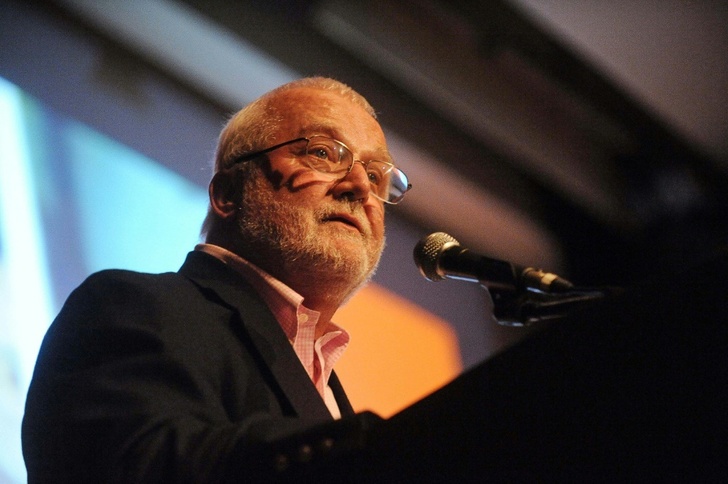Russell Banks, a prolific American fiction writer whose work charted the interior lives of marginalized people at odds with social forces, has died at age 82.
Banks "passed away peacefully last night in his home in upstate (New York)," fellow author Joyce Carol Oates said Sunday on Twitter.
"I loved Russell & loved his tremendous talent & magnanimous heart," added Oates, who like Banks taught writing at Princeton University. "All his work is exceptional."
Banks's literary agent Ellen Levine said the cause of death was cancer, according to The New York Times.
His notable works include the novels "Affliction," "The Sweet Hereafter," "Cloudsplitter" and "Continental Drift" -- the latter two of which were Pulitzer Prize finalists.
Banks in 1995 won the John Dos Passos Prize for Literature. He also served as president of the International Parliament of Writers.
His protagonists were often blue collar, reflecting his own working-class upbringing as the son of an alcoholic plumber -- a man he later said he both hated and adored. His characters struggle with poverty, drug abuse, and class and racial issues.
He told a Le Monde interviewer in 2016 that he considered himself lucky as a writer but pessimistic as the citizen of a country where middle-class Americans no longer felt their children would enjoy better lives.
He claimed allegiance to an American literary tradition going back to Mark Twain "whose work is generated by love of people who are scorned and derided," he once told The Guardian. "I have an almost simple-minded affection for them."
Politically active, Banks staked out positions against the US military intervention in Iraq, and the intrusions of the post-9/11 Patriot Act.
Two of Banks's works were made into widely acclaimed films.
"Affliction," adapted to the cinema by Paul Schrader in 1997 and starring Nick Nolte and Sissy Spacek, was about a small-town cop who investigates a hunting death.
And in "The Sweet Hereafter" (1997) Banks employed several voices to tell the wrenching story of a deadly school bus accident that lastingly traumatizes a small town in upstate New York.
In 1998, Banks told the Paris Review that an early inspiration was his discovery in his teens of the American poet Walt Whitman.
"It was the first time I had the sense that you could be a writer and it would be a lofty, noble position," he said, "yet still connected to the reality around you."
tjj/mlm/bbk
© Agence France-Presse
Your content is great. However, if any of the content contained herein violates any rights of yours, including those of copyright, please contact us immediately by e-mail at media[@]kissrpr.com.
Source: Story.KISSPR.com

